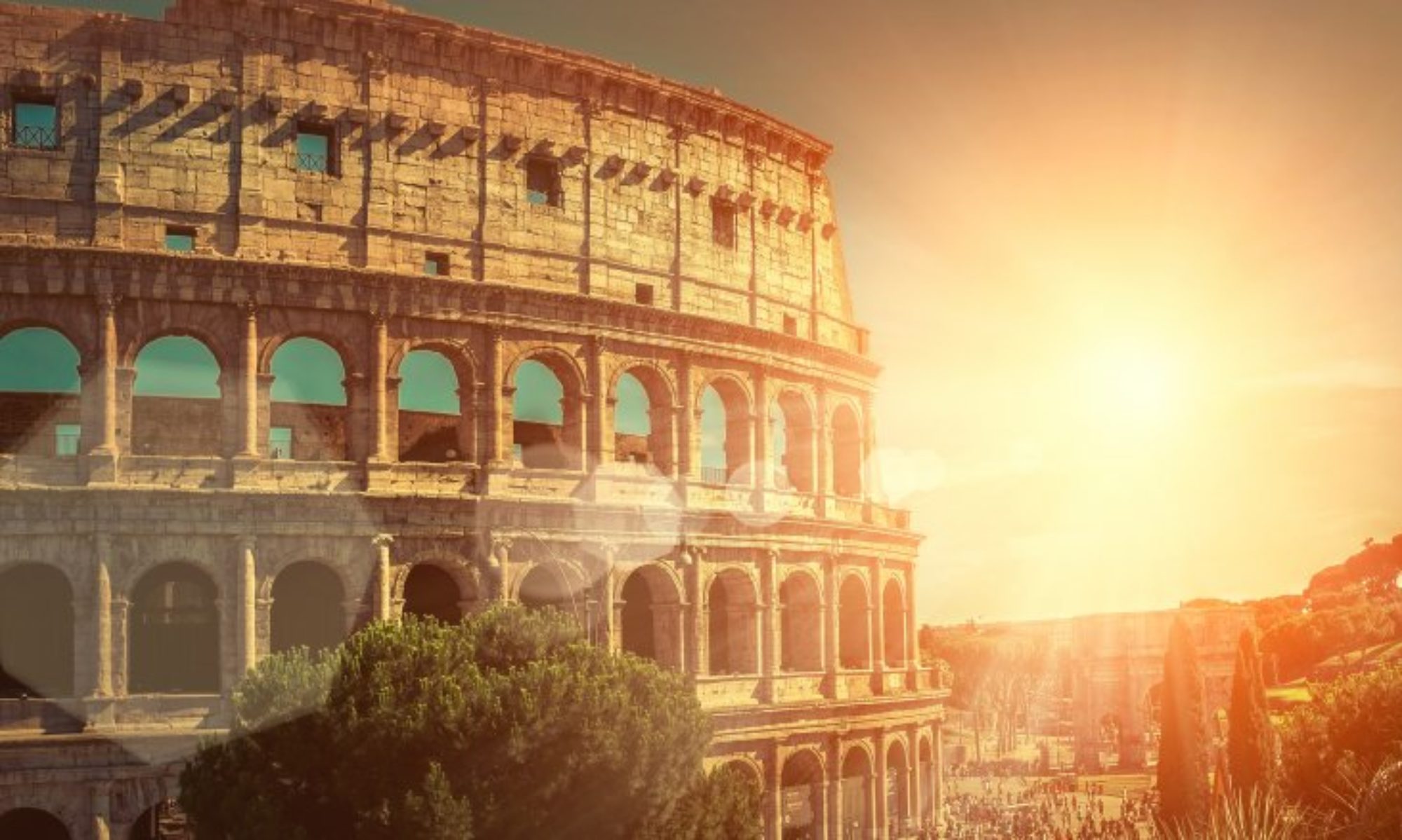Channel: Jane Eyre
Duration: 9:57
Description: Rome Reconstructed
Published: April 28, 2013 11:46 pm

Channel: Jane Eyre
Duration: 9:57
Description: Rome Reconstructed
Published: April 28, 2013 11:46 pm
Channel: Gr0nTh0s
Duration: 9:58
Description: Jewish Rebellion – Critical moment 3/6 Ancient Rome The Rise and Fall of an Empire
Published: March 3, 2009 1:15 pm
Channel: Insomnia Team
Duration: 44:47
Description: Ancient Roman Empire: The Incredible History Of Roman Emperors – Documentary
Published: June 29, 2017 7:48 pm
Channel: ajvaughan3 Documentary Films
Duration: 46:19
Description:
Able to inspire wonder and awe in all who gazed upon them, The Seven Wonders of Ancient Rome – the Pantheon, the Aqueducts of Rome, the Via Appia, the Baths of Caracalla, Trajan’s Markets, Circus Maximus and the Colosseum – were the works of great men who translated fantastic visions into the epitome of human achievement. These visionaries included ambitious Emperors like Hadrian and engineers with revolutionary ideas such as Apollodorus. By the second century AD, Rome had become the ‘caput mundi’ – the head of the world. Architectural marvels with a clear civic purpose such as roads and aqueducts stood alongside constructions of great beauty and immense luxury. They transformed Rome into one of the greatest cities of classic antiquity and the Roman Empire into a vast monument to the genius of its architects. We recreate Rome’s ancient streets, fly over its aqueducts and walk beneath the shadow of her impressive arches. By investigating the minds of the emperors, architects and engineers behind them, we reveal the mysteries of constructions that changed the world. Discovery Channel 2004
Published: April 2, 2017 8:05 pm
Channel: ANCIENT ROME
Duration: 54:18
Description: Rome In The 1st Century – Episode 1: Order From Chaos (ANCIENT HISTORY DOCUMENTARY)
Millions of people played important parts in the remarkable history of Rome in the first century AD. Head and shoulders above everyone else stands Augustus. Born to an unremarkable family, Augustus got a lucky break when his great-uncle, Julius Caesar, adopted him. When Caesar was murdered shortly afterwards, Augustus threw himself into the murderous mix of Roman politics. Allying himself with Mark Antony, they killed their enemies and divided the empire between them. Augustus took Rome and Antony took Egypt, where he met Cleopatra. This made him a threat. Augustus was not prepared to take any chances and attacked first. His army destroyed most of the Egyptian fleet and Antony and Cleopatra killed themselves shortly afterwards. Returning home, Augustus was a hero and soon became Rome’s first emperor. Abroad, he expanded the empire enormously, while domestically he played the politics carefully, using popular acclaim to reinforce his power. Augustus was a complex man: brutal but compassionate, and austere but popular. In public, he was a religious and moral conservative, projecting himself as a pious man. In private, his daughter, Julia, was having a string of affairs. Above all, though, Augustus was determined. When Julia’s behavior became a scandal, he banished her from Rome for life. Shortly afterwards, the famous poet Ovid published some indecent poetry: he, too, was banished for life. Against all odds, Augustus ruled as Emperor for over 40 years, surviving plots, rebellions and mutinies. When he died, he was declared to be a god. His rule created the image of Imperial Rome that lasts to this day. He was the Emperor by which his heirs would be judged.
Published: August 7, 2014 11:15 pm
Channel: BBC Studios
Duration: 3:56
Description: Cornelia challenges her son’s motives for seeking re-election while the senators meet. As huge crowds assemble and tensions mount the senators flush out onto the streets having decreed the elections to be illegal. A violent and bloody confronation with Tiberius and his many supporters is to see the final moments of one of Rome’s bravest soldiers and most unlikely revolutionaries.
Published: June 15, 2010 9:34 am
Channel: Altair4 Multimedia Archeo3D Production
Duration: 51:59
Description: A fascinating and extraordinary journey will lead you back in time
through the splendours of Ancient Rome: from the Roman Forum to the
Campus Martius and to the Vatican, Ostia Antica and Pompeii. Roman Forum, Forum of Augustus, Colosseum, Domus Aurea, Arch of Сonstantine, Palatine Hill, Baths of Caracalla, Theater of Pompey, Pantheon, Tiber River, Portus of Trajan, Ostia Antica, Pompeii, the house of Polybius
Vatican and St. Peter Constantinian Basilica
Published: November 30, 2016 12:58 pm
Channel: The Study of Antiquity and the Middle Ages
Duration: 30:20
Description: This lecture presents the political and constitutional institutions of Rome during her ”Middle Republic” years, when Rome emerges with her Political, Constitutional and Military Institutions in place.
Published: March 8, 2018 3:43 pm
Channel: Ancient Rome
Duration: 49:59
Published: September 30, 2015 5:47 pm
Channel: The History Guy
Duration: 1:18:28
Description: Beginning in the eighth century B.C., Ancient Rome grew from a small town on central Italy’s Tiber River into an empire that at its peak encompassed most of continental Europe, Britain, much of western Asia, northern Africa and the Mediterranean islands. Among the many legacies of Roman dominance are the widespread use of the Romance languages (Italian, French, Spanish, Portuguese and Romanian) derived from Latin, the modern Western alphabet and calendar and the emergence of Christianity as a major world religion. After 450 years as a republic, Rome became an empire in the wake of Julius Caesar’s rise and fall in the first century B.C. The long and triumphant reign of its first emperor, Augustus, began a golden age of peace and prosperity; by contrast, the empire’s decline and fall by the fifth century A.D. was one of the most dramatic implosions in the history of human civilization.
Published: August 19, 2015 7:42 pm